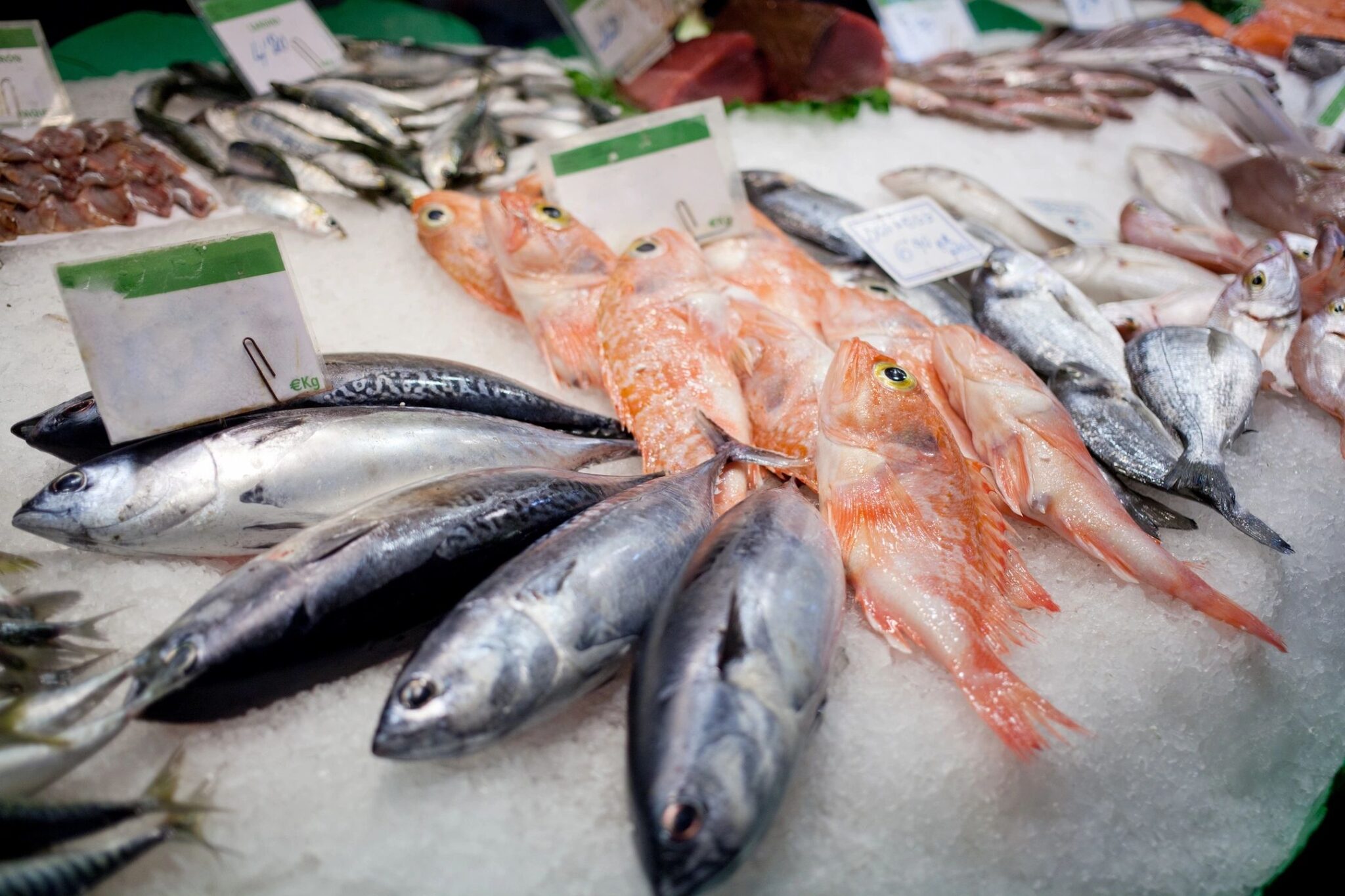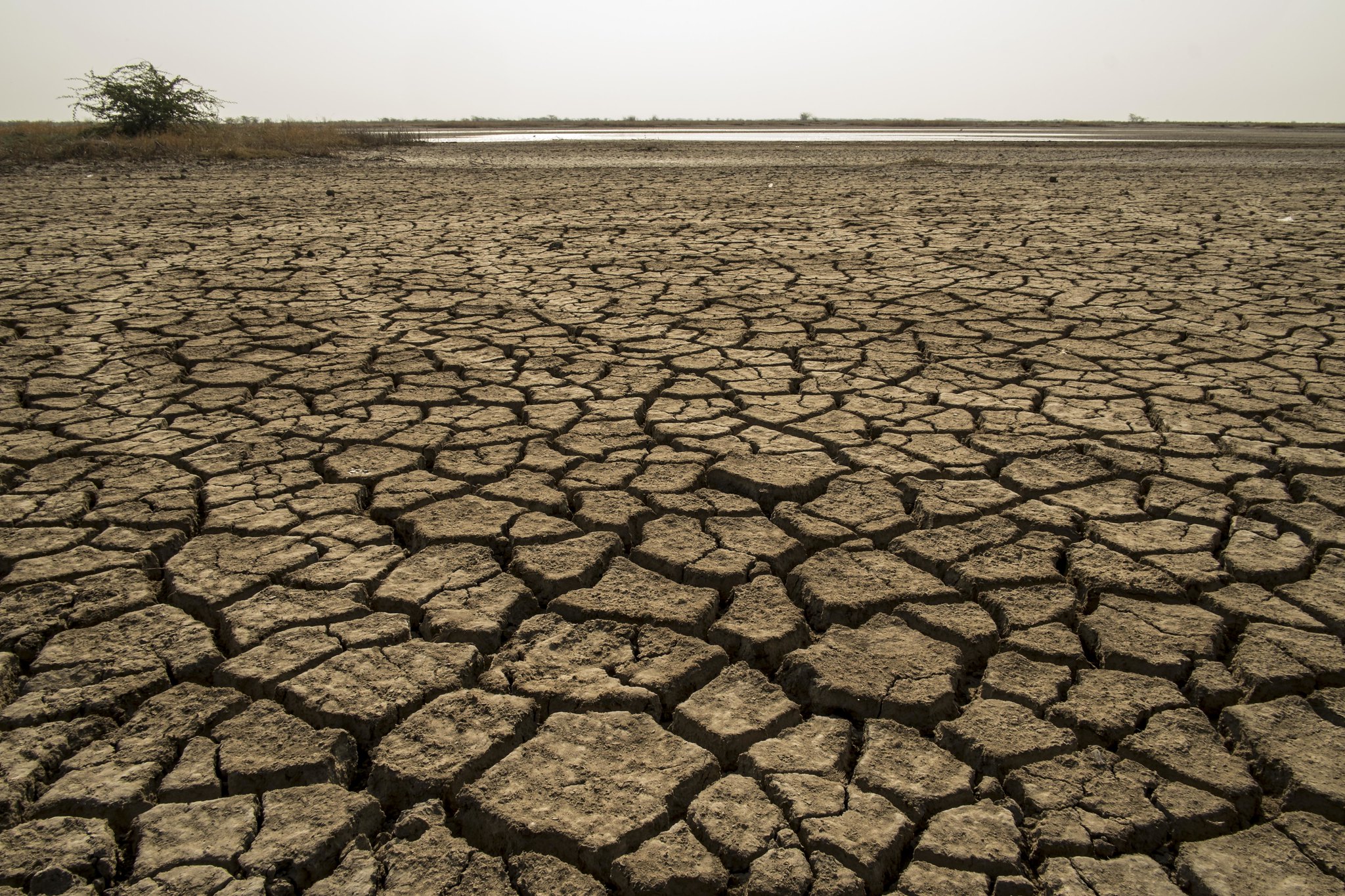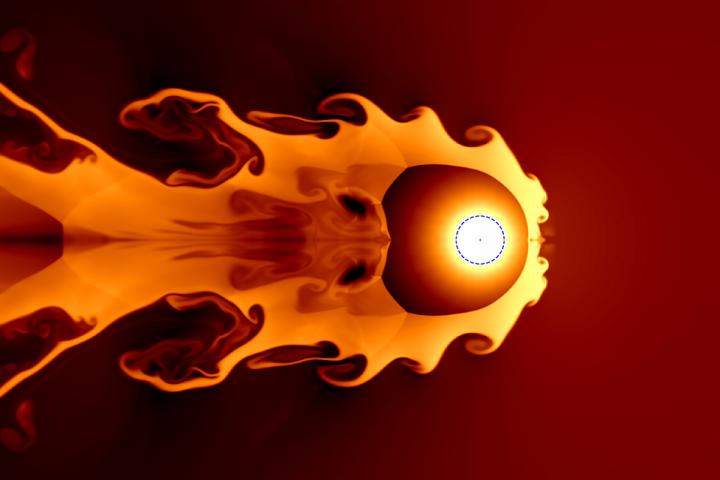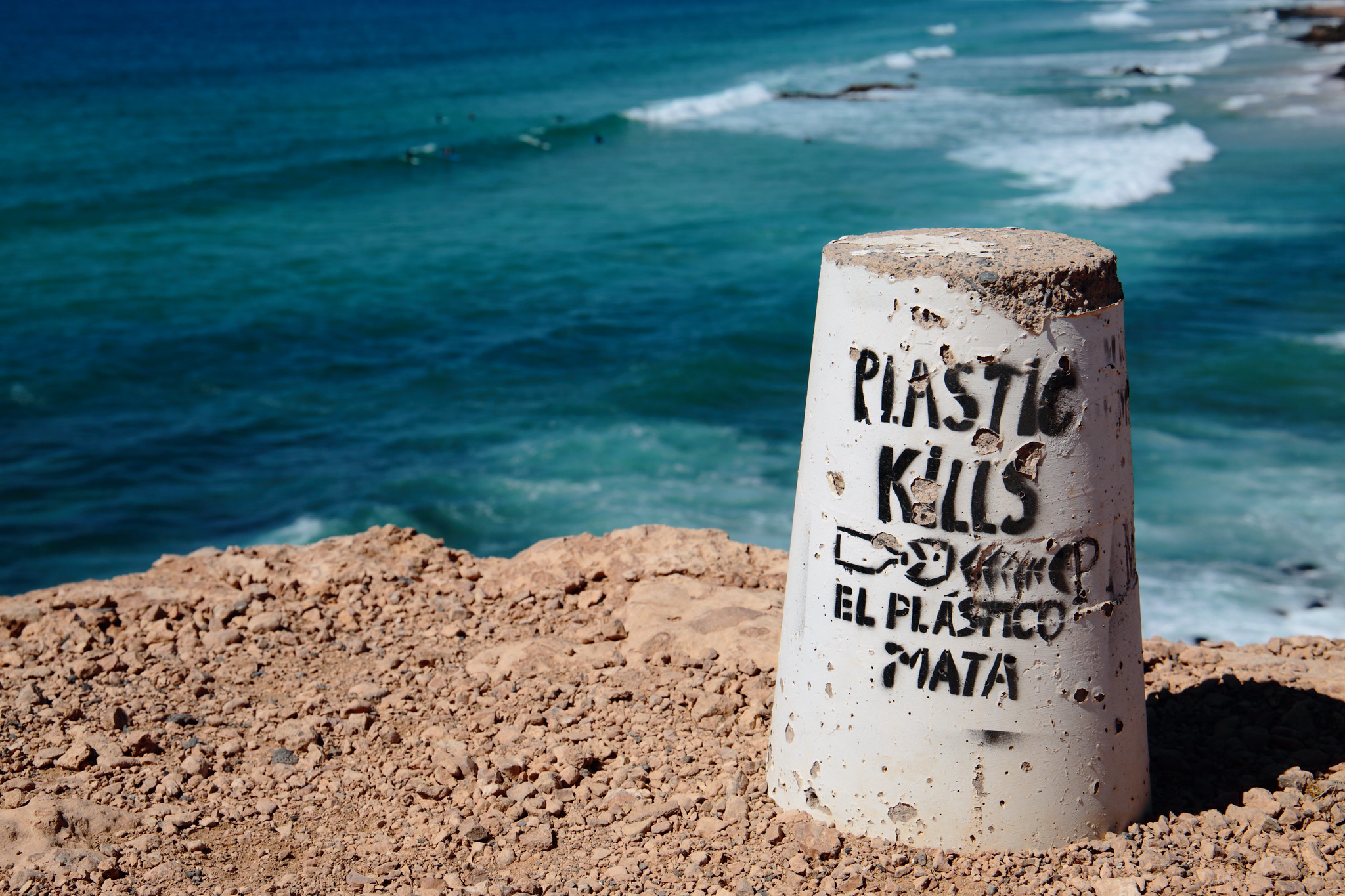
Jessica Breavington is a science communicator with Science Connected and a student at Durham University studying Natural Sciences in biology, geography, and earth science. As an extensive traveler, she has observed first-hand the human impacts on the environment and the effect of climate change on the natural world.
Plankton Predict Red Sea Fishing Success
Phytoplankton blooms hold the key to setting sustainable and fair fishing quotas each year—a win-win situation for the economy and the ecosystem. By Jessica Breavington The Red Sea is a key reef ecosystem supporting many marine species, but it is also under pressure from climate change and exploitation from fishing. Researchers are developing new ways ...
Climate Change: Hot and Dry for Some
Climate change is here and it’s not good. The very near future promises to be hotter and dryer in some places. Find out what the numbers really mean. By Jessica Breavington International climate change negotiations have set a 1.5 to 2 degree limit for global warming. A couple degrees of heat might not seem like ...
Did exploding stars cause this mass extinction?
Researchers at the University of Illinois think supernova explosions triggered the end-Devonian mass extinction 359 million years ago. By Jessica Breavington Researchers at the University of Illinois have hypothesized that supernova explosions could have triggered the end-Devonian mass extinction 359 million years ago. Immediately after a supernova, life would have been subjected to damaging X-rays, ...
Ocean Plastic Mounts Despite Cleanups
Ocean plastic is accumulating rapidly, but reducing plastic waste and improving surface cleanup technology can make a difference in the future. By Jessica Breavington Plastic is accumulating in certain areas of the ocean, but surface cleanup does little to reduce its amount. The solution is to reduce plastic waste and stop it from reaching the ...
Science Connected Magazine is an editorially independent, non-profit newsroom producing open-access science journalism and scientific fact-checking for the global public. We work to increase science literacy and public access to reliable information. We are published by Science Connected 501(c)(3) in San Francisco, California.




